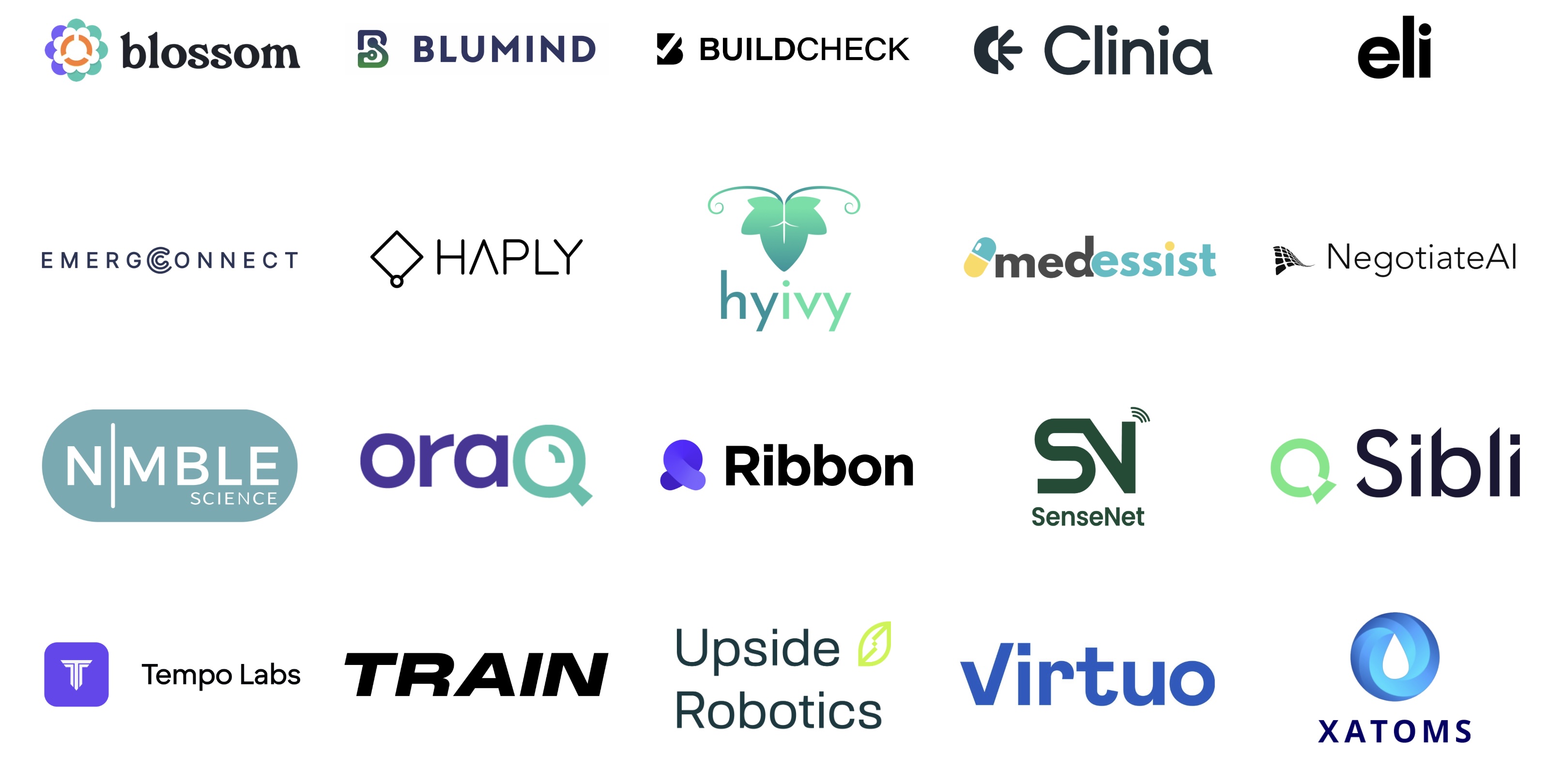The words we use are critical in establishing the right image when making personal and professional connections. In a competitive job market it is important to differentiate yourself. The best way to do it is to be mindful of the words you choose.
Here are the overused and cliché words to avoid and why:
- Innovative: Overused and often lacking evidence. Instead, show achievements that demonstrate how innovative you are.
- World-class: Vague and self-defined. How do you qualify "world-class"? Demonstrate a known project you've worked on, that has been recognized as world-class by those in your industry
- Driven: Generic and lacking specificity. Show your drive by showing how you've gone above and beyond in your role
- Extensive experience: Time spent isn't as crucial as achievements. Show, don't tell. Let your achievements speak for your experience.
- Results-oriented: This is expected rather than impressive. Every candidate is expected to have this trait, it's not special. Show results on your resume instead.
- Responsible for/Assisted with/Contributed to: Can be interpreted passively; use active and more specific verbs and share achievements.
- Motivated: This is a basic expectation of every candidate.
- Creative: Overused. Demonstrate your creativity through your accomplishments and results.
- Track record: Impressive results speak louder than the term. Show your impact.
- Dynamic: Often vague and lacking substance.
- Guru/Ninja/Master: Avoid self-proclaimed titles; let others and your achievements describe you.
- Passionate: Overused. Most employers assume you're passionate about the work you do.
- Unique: Focus on being better, not just different. Qualify and quantify what makes you unique.
- Very/Extremely/Fantastic: Overly modified terms lose impact. Choose more specific definitions and add numbers to demonstrate impact.
- Strategic: Generic. Be specific about strategic decisions and impact rather than just claiming strategy.
- Collaborative: Describe the collaborative process rather than just claiming collaboration.
- Team player: Every candidate is expected to work well in a team
- Hardworking: Basic expectation; demonstrate achievements instead.
- Enthusiastic: Can seem generic without concrete examples. Overused by fresh graduates; often assumes you lack experience.
- Leadership skills: Overused. Describe specific leadership achievements rather than claiming skills.
- Excellent communicator: Show communication effectiveness through examples
- Proactive: Similarly to "drive" and motivated", this is a basic expectation. Show specific examples instead.
- Fast Learner/Go-getter/Self starter: Self-proclaimed. Instead, share an example of a project where you've learned something completely new in a short period of time
- Influencer: Self-proclaimed. Let others define your influence and share a specific example on how you've influenced a project or a decision.
- Synergy: When used without speciic context, it lacks specific context or clarity
In essence, avoid buzzwords, clichés and self-definitive words; instead, demonstrate your qualities and achievements through tangible examples and outcomes.



